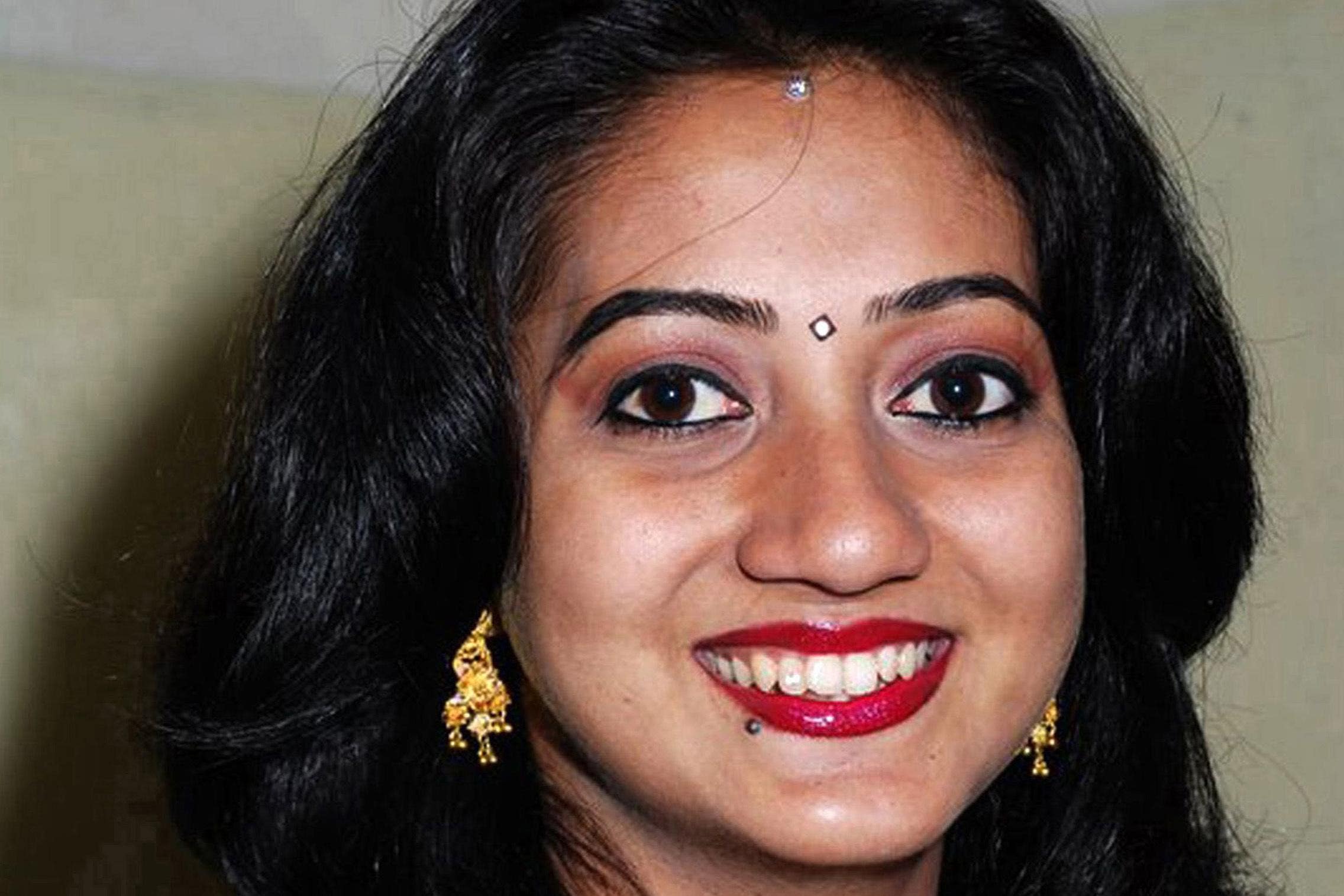Abortion law reform demanded as protesters march in Dublin
The calls come on the tenth anniversary of the death of Savita Halappanavar after she was refused a termination while miscarrying.

Your support helps us to tell the story
From reproductive rights to climate change to Big Tech, The Independent is on the ground when the story is developing. Whether it's investigating the financials of Elon Musk's pro-Trump PAC or producing our latest documentary, 'The A Word', which shines a light on the American women fighting for reproductive rights, we know how important it is to parse out the facts from the messaging.
At such a critical moment in US history, we need reporters on the ground. Your donation allows us to keep sending journalists to speak to both sides of the story.
The Independent is trusted by Americans across the entire political spectrum. And unlike many other quality news outlets, we choose not to lock Americans out of our reporting and analysis with paywalls. We believe quality journalism should be available to everyone, paid for by those who can afford it.
Your support makes all the difference.Protesters have taken to the streets in Dublin to demand abortion law reform in Ireland on the tenth anniversary of the death of a woman refused a termination while miscarrying.
Indian dentist Savita Halappanavar, 31, died in a Galway hospital in 2012 and her death was one of the catalysts for abortion reform in Ireland.
The Irish electorate voted to repeal the Eighth Amendment in a 2018 referendum, ushering in a major liberalisation of Ireland’s abortion law and ending what was effectively a constitutional ban on abortion.
A medical abortion is available up to 12 weeks but abortions thereafter are only allowed if there is a serious threat to the life or health of the mother, or where two clinicians agree there is a fatal foetal abnormality.
Urgent reform is needed to decriminalise abortion, remove the three-day wait period and the 12-week limit to enable abortion on request up to viability
Speakers at a march in Dublin called for what they termed the removal of barriers that are forcing some pregnant women to travel to access abortion.
There has also been a call to create a permanent memorial to Ms Halappanavar.
The march, which started at the Garden of Remembrance before proceeding across the city centre to Leinster House, was organised by a number of organisations.
Orla O’Connor, director of the National Women’s Council, said Ms Halappanavar’s death was a turning point in Ireland.
“While abortion is now provided, it remains unfinished business as women and couples continue to travel as they cannot access abortion at home,” she said.
“Our legislation goes against the recommendations of the World Health Organisation and situates abortion outside the normal range of healthcare which women need.
“Urgent reform is needed to decriminalise abortion, remove the three-day wait period and the 12-week limit to enable abortion on request up to viability.”
Ruth Coppinger, a former TD and member of the ROSA Socialist Feminist Movement, said: “A campaign for a permanent memorial to Savita will be launched from the march as a fitting reminder that never again should religious views hold sway over human rights.
“Those who fought for repeal are marching today but so too are young people who don’t remember Savita, but who see the rights of women and LGBT+ people dismantled in the US and see schoolgirls bravely taking on religious dictatorship in Iran.”
Pro Life Campaign spokesperson Eilis Mulroy said it is “unfair and disingenuous” for the tenth anniversary of Ms Halappanavar’s death to see calls for “an even more extreme expansion of the Irish abortion law”.
“Whilst her tragic death was the result of medical oversight, it was not caused by the Eighth Amendment as campaigners for abortion have incessantly claimed,” she said.
“Mismanaged sepsis was the cause of Savita’s death, as backed up by several independent reports, and not the denial of an abortion.
“Ten years on from her death, it is highly inappropriate for campaigners and pro-abortion politicians to continue leaning on myths and mistruths to push for a radical expansion of Ireland’s already extreme abortion law.”